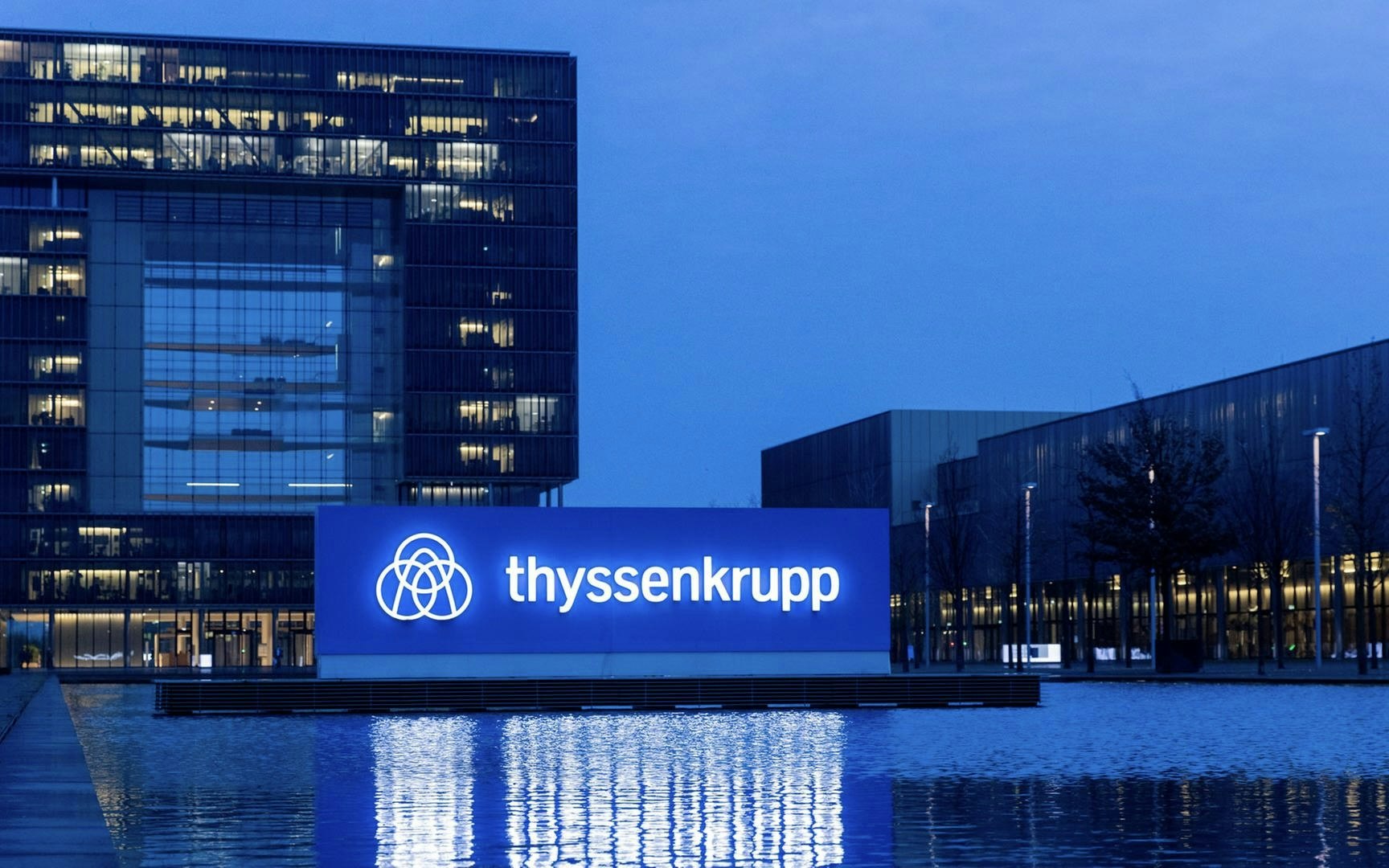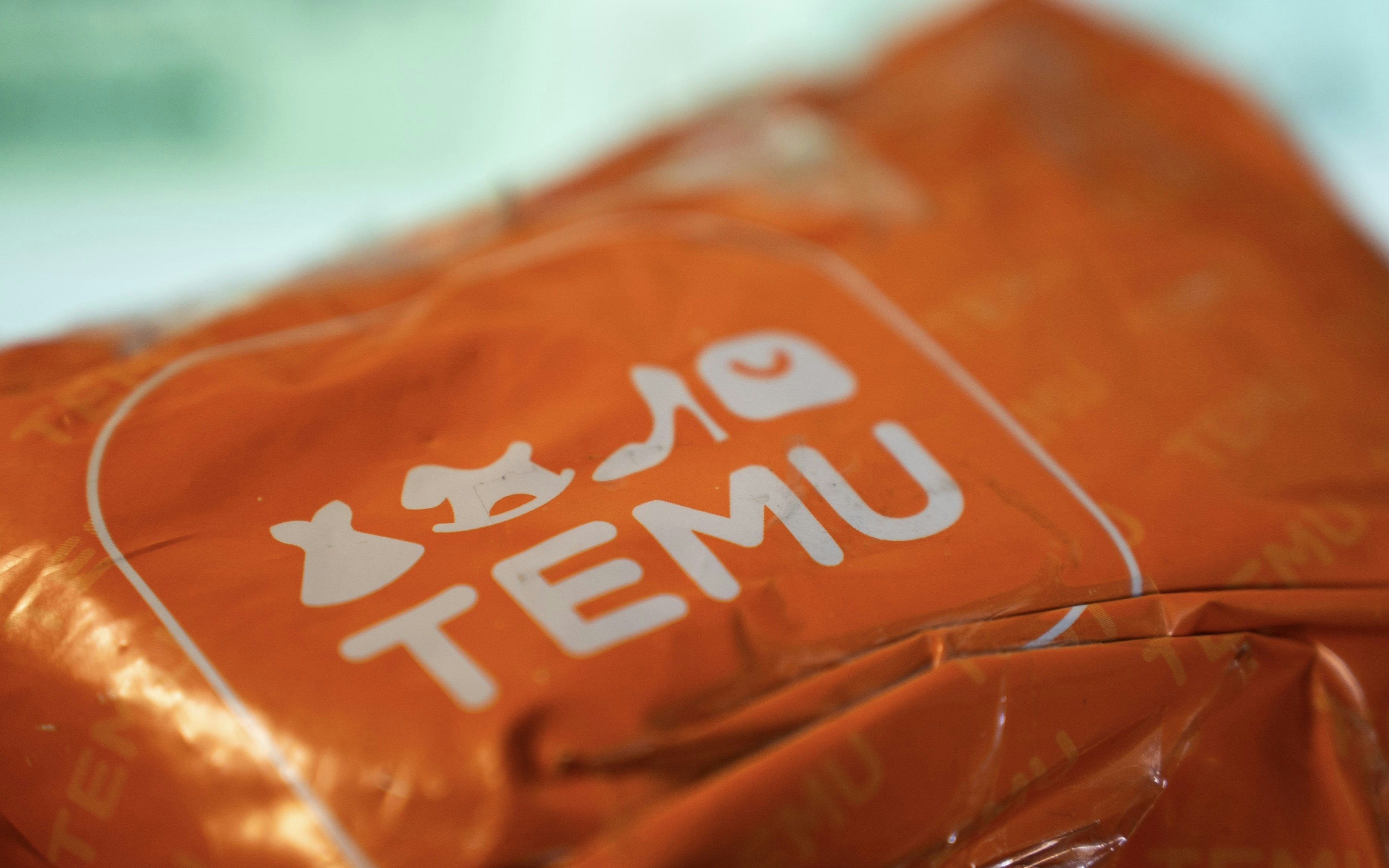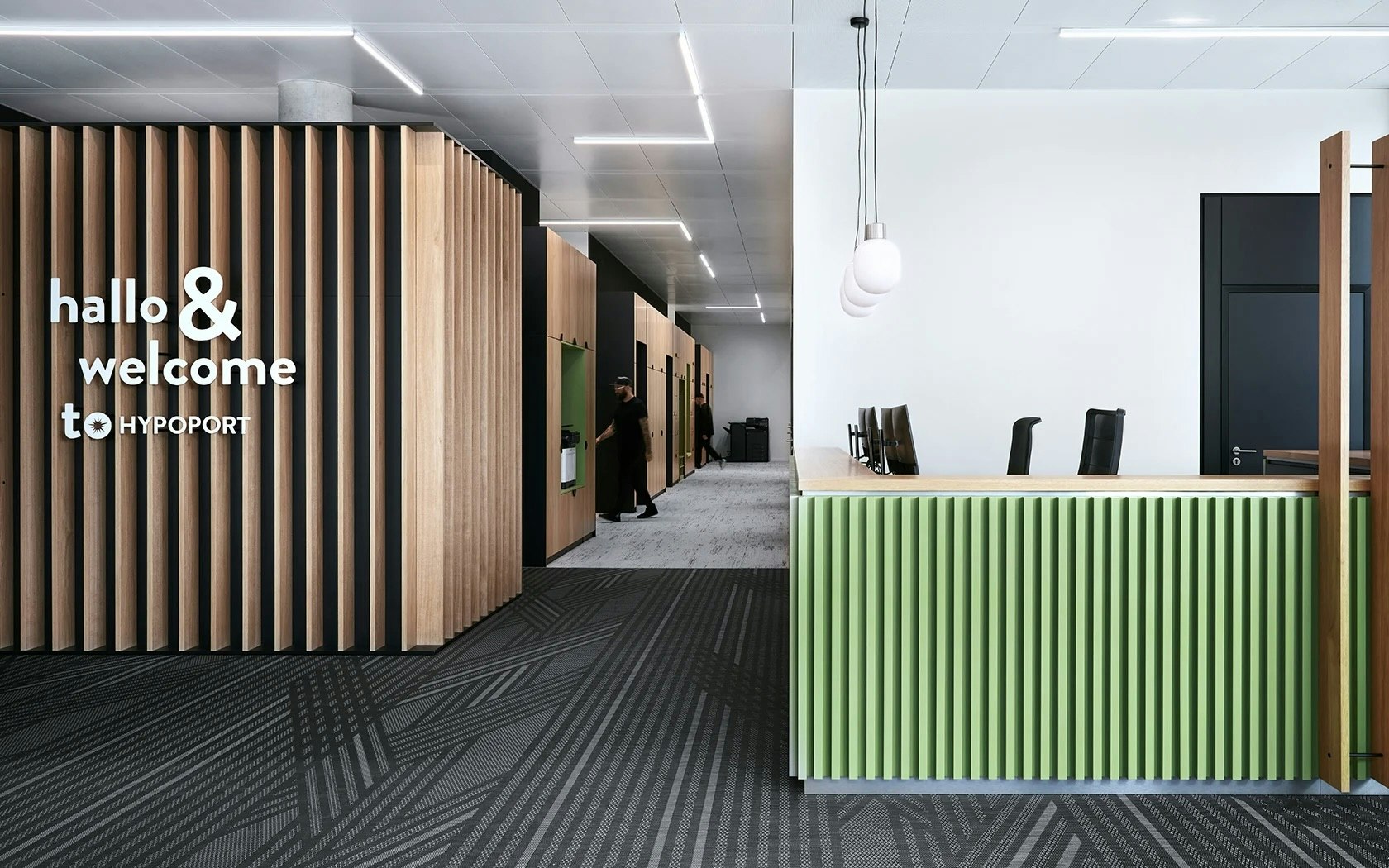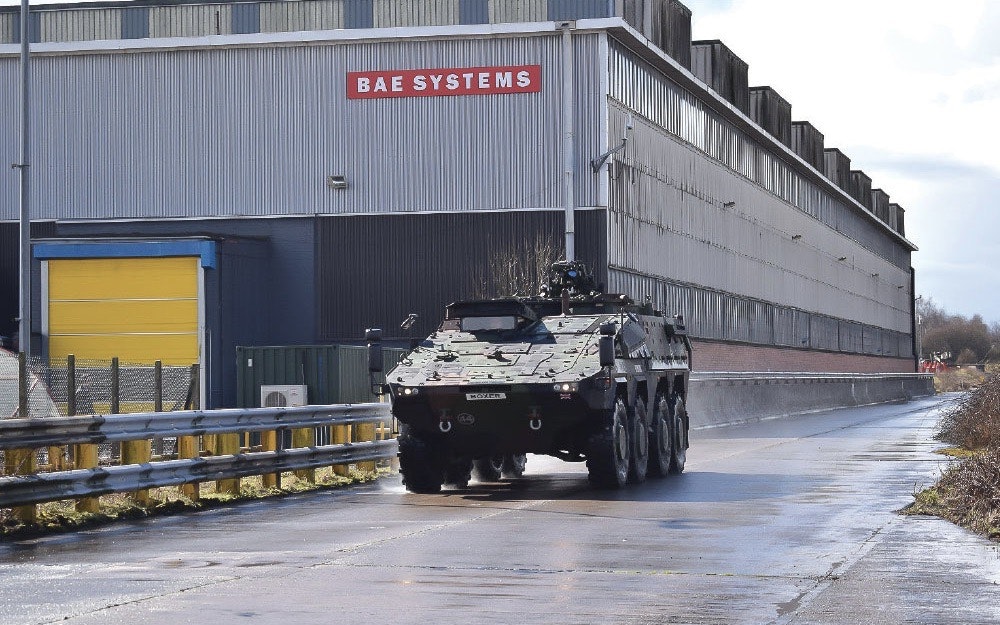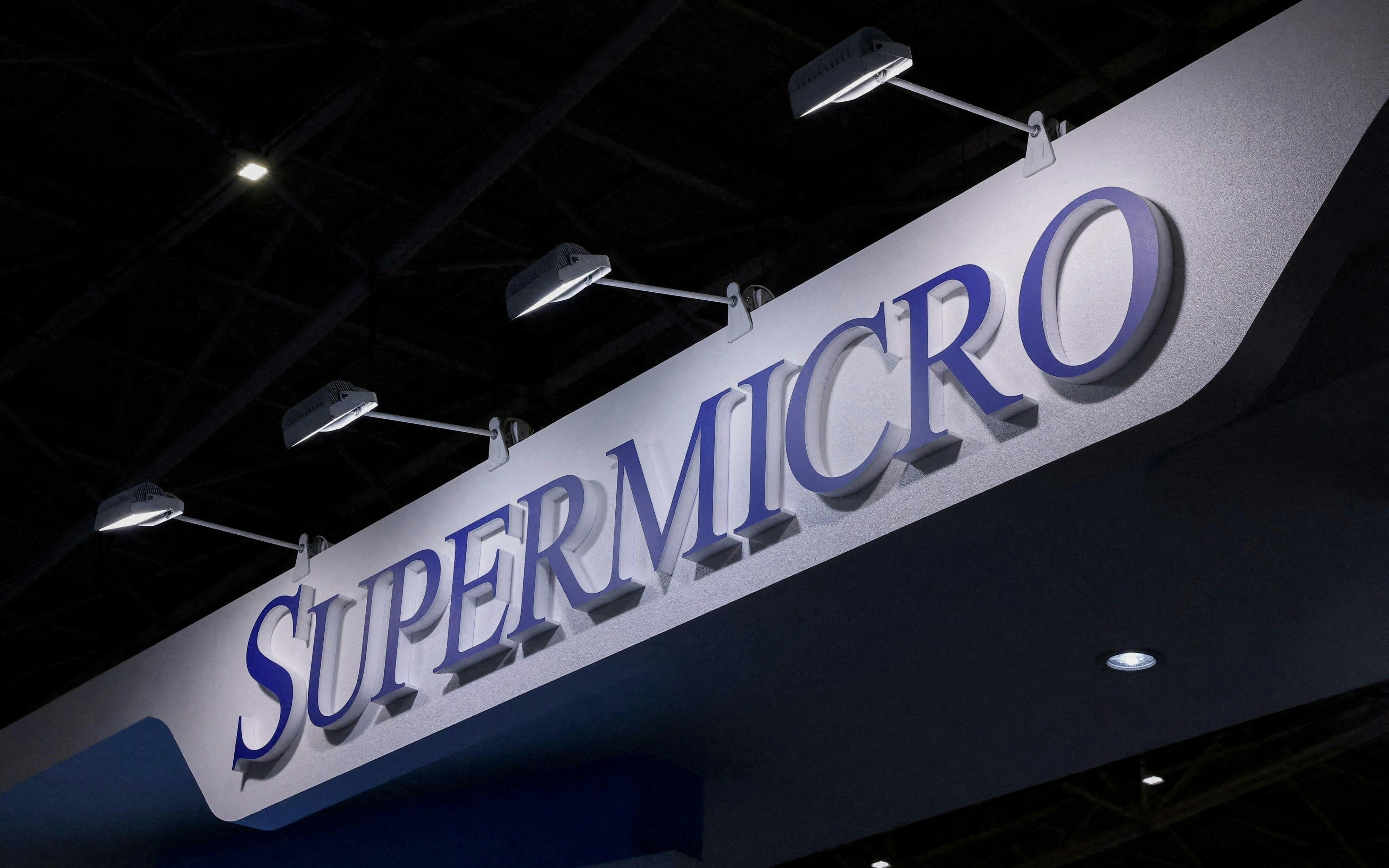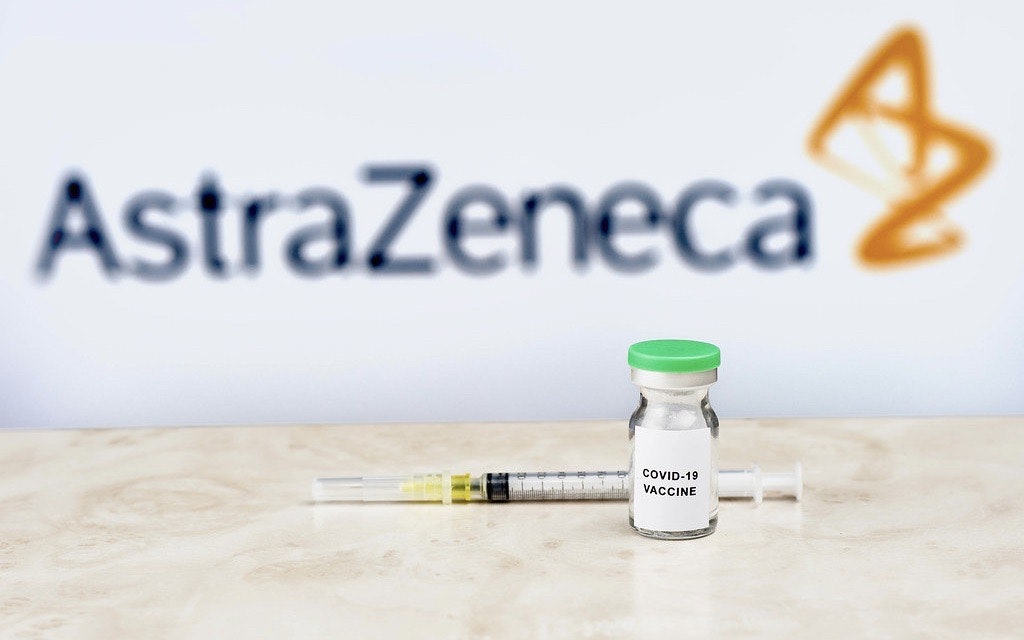Here is the translated heading:
The industrial conglomerate thyssenkrupp had to accept further losses in the second quarter of the fiscal year, which the company attributes to ongoing economic difficulties and a decline in steel prices. Compared to the same period last year, thyssenkrupp was able to reduce its net loss from 223 million euros to 78 million euros. Nevertheless, the company had to revise its forecasts for the full year downwards and now expects revenue below the previous year's level and an annual deficit in the low hundred million range.
The adjusted operating income before interest and taxes (EBIT) fell from 205 million euros in the same quarter last year to 184 million euros. This was due among other things to the absence of one-time effects from the automotive supplier division. Nevertheless, excluding these effects, the company recorded an increase in adjusted EBIT, driven by earnings improvements in the steel and marine business as well as contributions from the efficiency program Apex.
Revenues fell from 10.1 billion euros to 9.1 billion euros in the reporting period, while incoming orders decreased from 10.2 billion euros to 8.6 billion euros. This is mainly due to declining demand and prices in the materials trade and steel business.
CEO Miguel López expressed optimism about the strategic realignment of the group despite challenging market conditions. Special mention was made of the recent 20 percent stake by EP Corporate Group in the steel business and the planned reorganization of the steel division.
Despite these strategic advances, the stock market initially reacted negatively to the announcements: thyssenkrupp's stock temporarily lost 3.89 percent in pre-market Tradegate trading and was listed at 4.75 euros.


